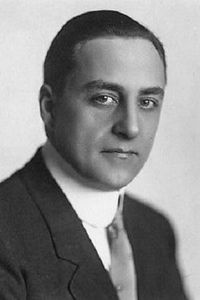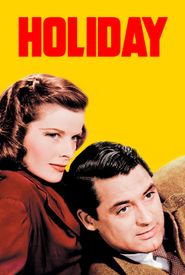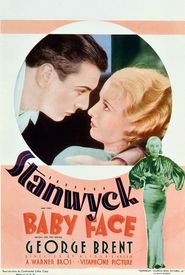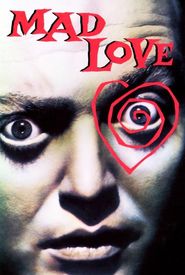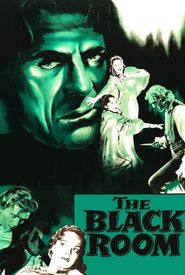Henry Kolker, a stalwart character actor, made his mark on the Broadway stage as early as 1904, initially showcasing his comedic prowess. As a leading man in romantic dramas, he shared the spotlight with renowned stars such as Alla Nazimova. In 1914, Kolker transitioned to films, initially working as both an actor and director.
Notably, he directed the film Disraeli in 1921, starring George Arliss, although the film is now largely lost, except for a single reel. Kolker's career was marked by struggles with ill-health and highly publicized marital issues, which contributed to a decline in his star power by the end of the silent era.
Despite this, he continued to remain in demand as a supporting actor, often typecast in roles such as stern judges, priests, heavy fathers, and cuckolded husbands. Typically, Kolker portrayed characters with a scowling and somber demeanor, frequently chiding and glaring at stars like Melvyn Douglas, Gary Cooper, and Katharine Hepburn.
One of his most notable roles was as Katharine Hepburn's father, Edward Seton, in Holiday (1938). He was equally effective in the role of banker John Fair in The Crash (1932) and as Friar Laurence in George Cukor's Romeo and Juliet (1936).
Throughout the 1930s, Kolker remained a prolific fixture on screen, managing to appear in excess of twenty films each in 1934 and 1935 alone.
